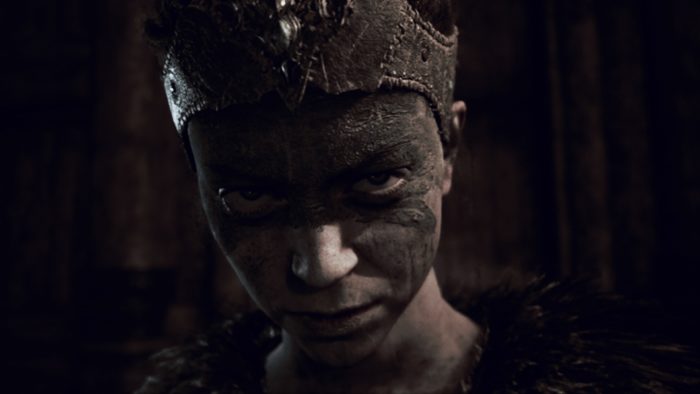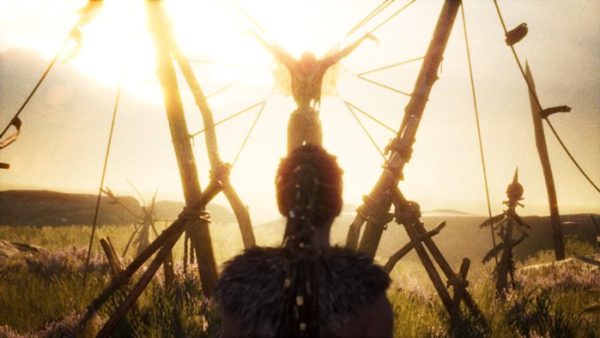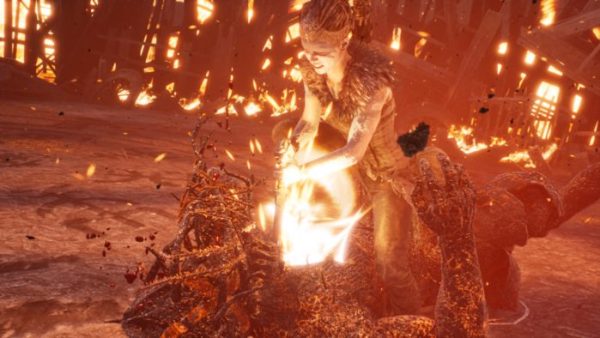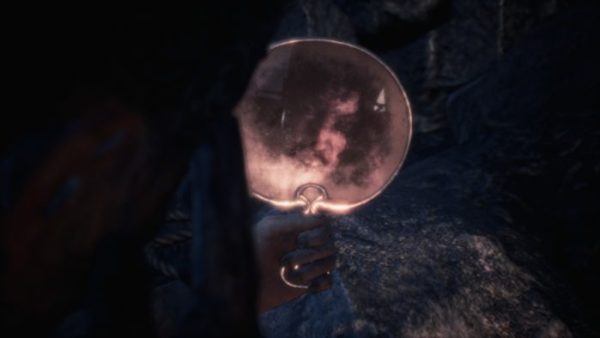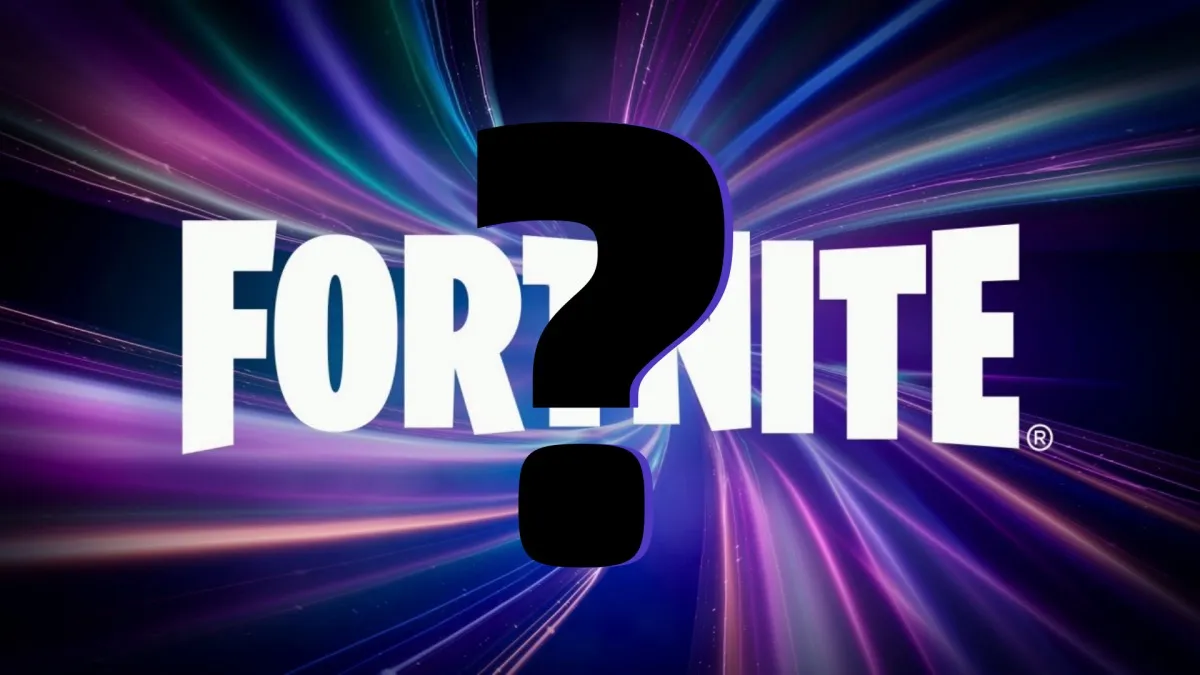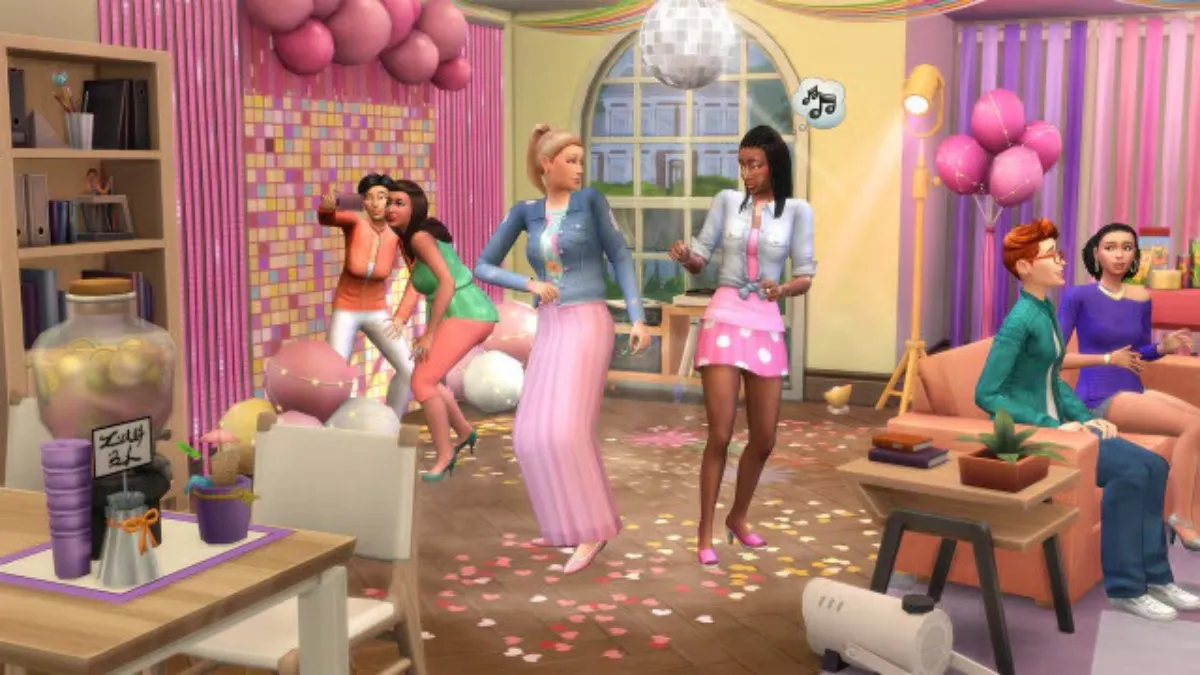Hellblade: Senua’s Sacrifice on PS4
Mental health issues are a very real demon in our world that doesn’t always manifest itself as clearly as we’d hope. It burrows deep into the recesses of a victim’s mind, altering their perception of the world around them and locking them in their own personal prisons. When I heard that Ninja Theory was planning on tackling these issues head-on in Hellblade: Senua’s Sacrifice, with an approach that will show clearly to the masses what so many secretly go through in silence I was intrigued. It’s not an easy topic to discuss thanks to the various stigma surrounding mental illness and the fact that it needs a deft hand when it comes to illustrating the various obstacles those who suffer face without demeaning them just to support a narrative or make for pretty graphics. Yet, the team at Ninja Theory was intent on providing this rather vivid window into the experience, putting players into the shoes of Senua as she comes face to face with her own psychosis on a quest to save her beloved’s soul.
Though I was hesitant at first, afraid that the experience would be so heavy handed that it would border on parody, I was happy that I took the time out to sit down and join Senua on her quest, and join is the most apt description of what the player experiences. While most games simply put players in control of a protagonist, allowing us to steer them towards their goals, the experience put forth genuinely places players into Senua’s shoes, allowing us to see the world through her eyes, and what she sees isn’t always very pretty.
Senua suffers from psychosis, a disorder that is defined by “defective or lost contact with reality often with hallucinations or delusions.” That loss of touch with reality plays a large role in Hellblade, in fact, that’s the entire game in a sense. Senua is plagued by demons that are made real by her hallucinations. There are voices that constantly cry out to you, pulling you to and fro as they prey on your doubts, fears, and self-esteem. Shadows loom from the corner of your eye as you make your way through Helheim, the game’s world, yet vanish when you try to make sense of them. Doors shift. Enemies disappear in puffs of smoke. And through it all, you can’t help but feel this sense of existential dread.
That dread comes from a lack of trust in your surroundings and, most importantly, yourself. Senua must deal with working out real from fake day in and day out, and for the hours you spend alongside her, you too must do the same. This all came full circle for me when I decided to put a headset on and turn on the surround sound. The voices that crept into Senua’s mind crept into my own. After enough time had passed I couldn’t make out what I was supposed to be listening to from what I was actually hearing. A whisper made me stop dead in my tracks, while another made me jump headlong into the unknown. Groans and growls bubbled to the surface and I was left lost and afraid. I began to feel, in even the slightest way, what Senua was feeling as she struggled with these same voices.
The visuals lend themselves to Hellblade’s perceived reality as well. Senua suffers from hallucinations, something that is very difficult to truly understand unless you see them yourself. This comes in several forms, a lot of which have to do with flashing lights and distortion of images as things stretch and tear. But we also get to experience some of these false realities with no real warning. One instance revolves around fire.
We won’t spoil where this happens since the fear makes things interesting, but there is a part where there is fire that doesn’t burn you. There is no warning, no indication that you’ll be safe, just rising flames. And it left me frightened and confused. I didn’t know what to do, just like Senua often doesn’t know what to do. The feeling was made stronger by the fact that there is no HUD, immersing you into the game’s visuals.
There are no health bars, no objective markers, not a single message on the screen. The only time you’ll see anything other than the world and Senua is a small icon in the corner when the game autosaves (which it’s very generous with) or if you happen to turn on subtitles. But outside of either of those instances, there’s nothing but the world before you and the nightmares it holds in each dark doorway, and behind each blind corner.
When it comes to delivering on presentation and presenting Senua’s mental health in an impactful and visually appealing way, Ninja Theory certainly delivered. However, Hellblade: Senua’s Sacrifice’s challenge was more than just how it could convey the symptoms and everyday struggles of someone who suffers from psychosis and other mental ailments. The developers had to build an engaging gameplay experience into Senua’s journey and that’s where Hellblade hits a few snags.
The combat, an area that this particular studio is often praised for, is solid. You attack, parry, dodge, and can channel a special mode known as focus, which is Senua drowning out all the stimuli around her to hone her attention, allowing for her to closely observe the world and slow down time during combat. The boss fights are real standouts, with each one playing out quite differently though they also accentuate just how rarely you fight in the game.
There aren’t any roaming enemies in the game. Instead, you come across pre-determined encounters, and once you clear them, that’s it. They don’t continuously trigger when you re-enter an area. There’s also a large section of the game where you don’t fight at all, switching the focus to just narrative and puzzles.
When combat is non-existent the story still shines quite strongly. Unfortunately, the gameplay outside of the combat isn’t all that memorable. The puzzles, which largely consists of just finding the right angle to look at things, aren’t anything to write home about and feel quite dated. Making matters worse is that they each require varying degrees of backtracking within an area.
Honestly, it wouldn’t be so bad if only Senua moved faster. She’s quite slow, and even while “sprinting” she moves at about the pace you’d expect most protagonists in action games to walk. This makes solving most puzzles feel like a chore because none are exactly challenging. Instead, they come off as boring padding that adds a huge chunk of time to the experience.
The only exceptions to the less-than-stellar exploration are two out of the four challenge areas you must complete in the middle of the game. The situations they put you in make you forget that you’re just solving one long puzzle because they are so vivid and take over your attention. One in particular, which played with darkness, stood with me long after the credits had rolled. It was fairly simple but very powerful.
There is one mechanic that really made the gameplay feel more profound though, at least initially. After the opening portion of Hellblade, you’re told indirectly that there is a permadeath system in place. Like the sound cues and visual hallucinations, this threat hanging over me made me even more overly cautious, paralyzed by the same fear that gripped Senua. It helped me ignore the slow movement, because I felt like moving slow was the best course of action in that case. But during my time with Hellblade, it was revealed that the whole system was most likely a bluff used to mess with players and that affected how I viewed the game as a whole. I no longer felt that same fear. That same trepidation which tied me to Senua was gone. Without the overhanging threat and large swathes of the experience lacking combat (the strongest gameplay feature in the game), I found myself growing bored through large chunks of Hellblade.
In the end, Hellblade: Senua’s Sacrifice proved to be an interesting experience that I both loved, and at times grew bored of. The story is dark and deep. It forced me to really look inward and think about everything I was witnessing. Yet the gameplay leaves much to be desired. The combat is solid, especially during boss encounters, but there are far too many stretches where you don’t get to experience it. And the puzzle segments left over to fill the void aren’t anything to write home about.
Still, I must recommend this game, as what it does is very important. To take something like psychosis and give it not only a voice, but a clear picture is not an easy task, yet Ninja Theory has succeeded. Being visible is very helpful to those who suffer, and the fact that it’s difficult to explain makes that difficult, yet Hellblade does a great job at solving that problem. If you’re interested in seeing the world through new eyes and love a deep story, Hellblade is definitely for you. But, if gameplay rules your kingdom, you may want to wait on this one.
Score: 3.5/5 – Fair
Pros
| Cons
|
For more information on how we review games, check out Twinfinite’s review policy here.

